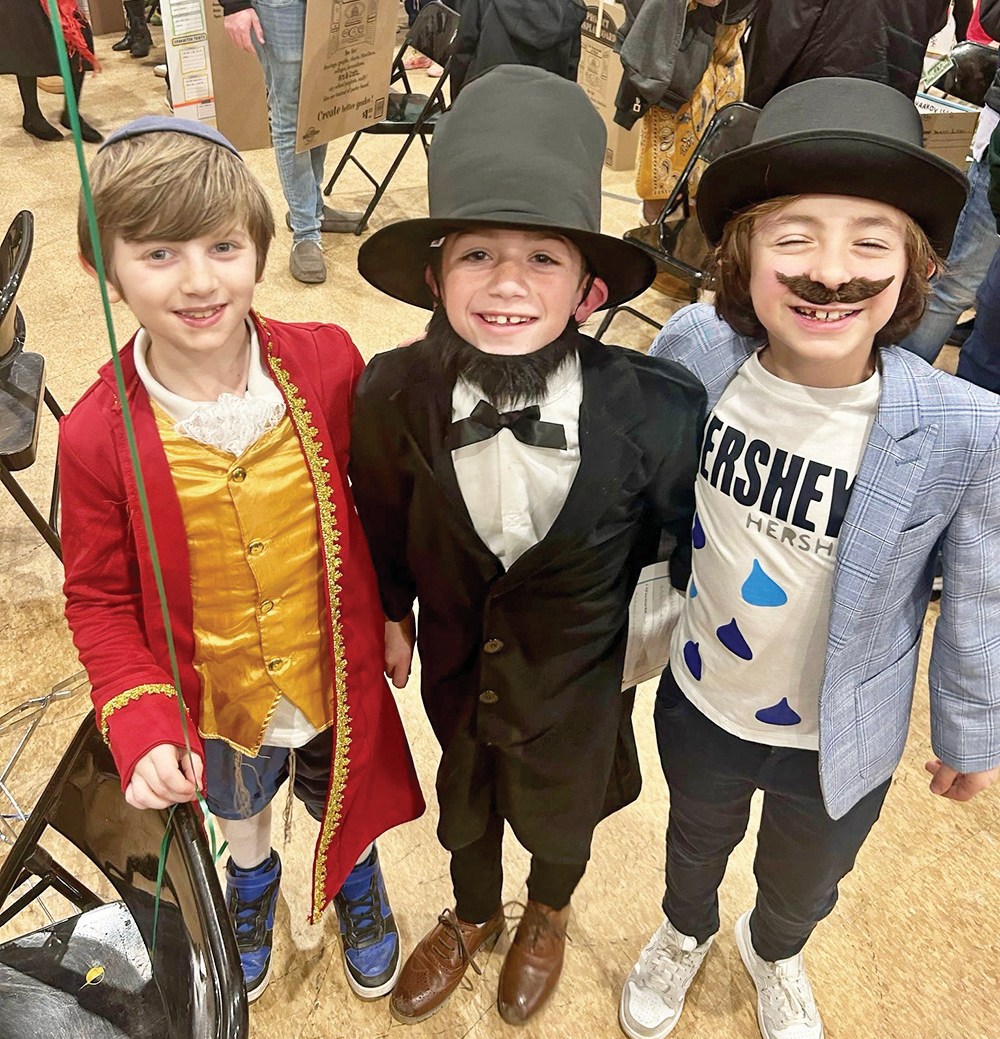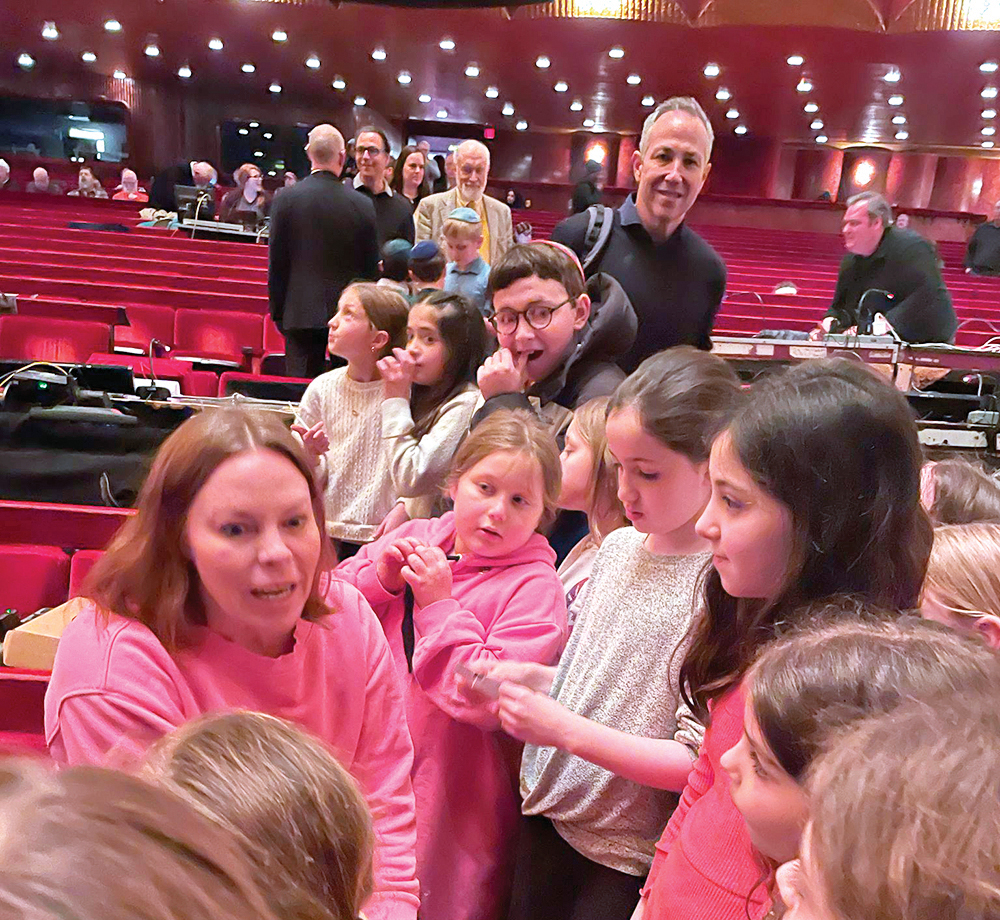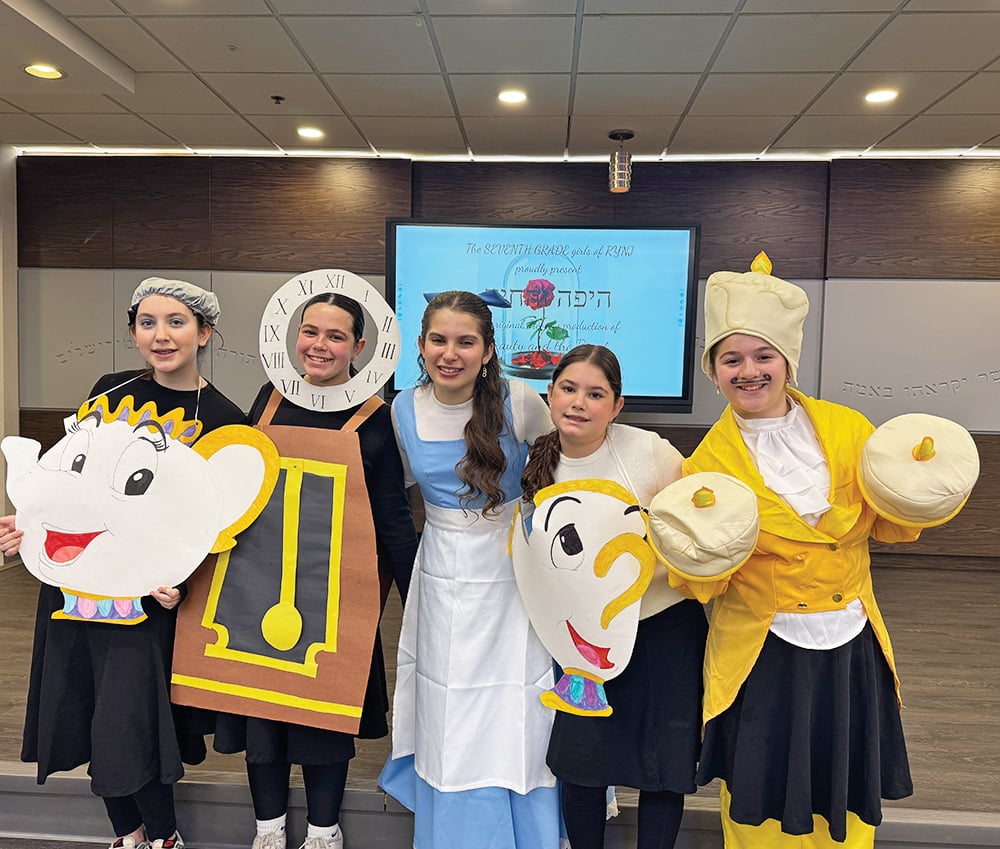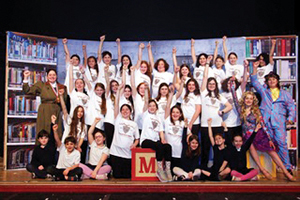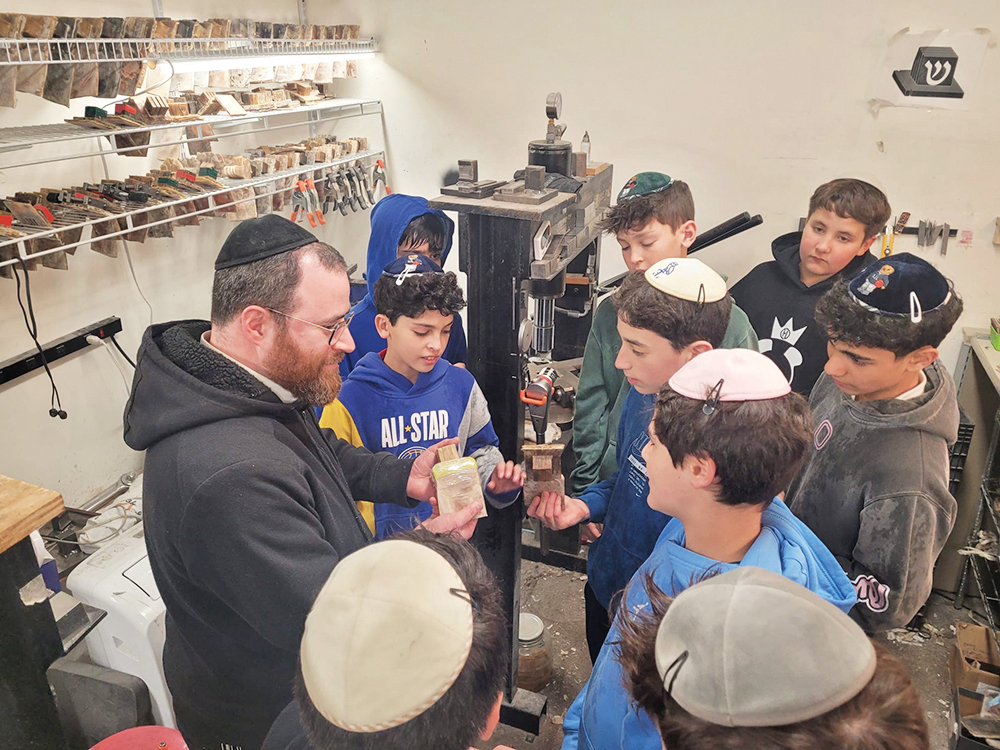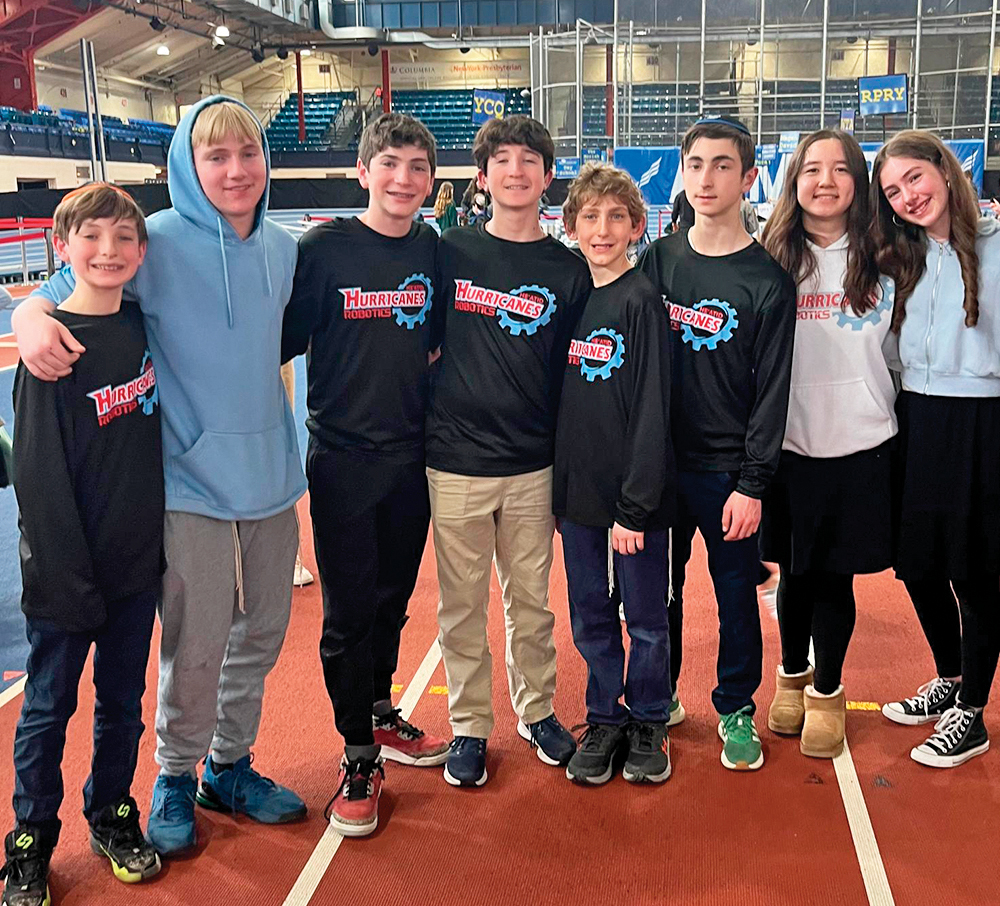There was great rejoicing when a shidduch was made between the families of the Rhizner Rebbe, Reb Yisroel Friedman, and the Riminover Rebbe, Reb Zvi Hersh. As customary, when families came together to celebrate the tenaim or “engagement” of their children, the two mechutanim were expected to describe their yichus and extol their genealogical and spiritual lineage. By each honoring their family histories, the chasan and kallah would begin their commitment to one another with holy pride and achrayus, a sense of spiritual responsibility for the future and obligation toward past generations.
After the Rhizner—a tzaddik of royal bearing and presence—detailed his long line of spiritual luminaries from the Maggid of Mezritch back to King David himself, he turned to his mechutan, Reb Zvi Hirsch, and motioned for him to do the same.
Reb Zvi Hirsch had a different kind of background—he was not aware of being part of a chain of luminaries, nor did he learn how to be a rebbe with his father, as he was an orphan. As a child, he had spent time in the beis medrash of Reb Mendel Riminover, where he was known as Reb Zvi Hersh Meshareis, the “Minister”—meaning “the devoted attendant” ministering to the rebbe. Reb Menachem Mendel was so deeply impressed by his student’s modesty, scholarship and hidden righteous ways, that he instructed that Reb Zvi Hirsch become his successor.
“… My parents left the world when I was just an infant,” began Reb Zvi Hirsch, in front of the silent wedding party. “But I’m told they were honest, simple, God-fearing Yidden! And before coming to the beis medrash of Reb Mendel Riminover, I was an apprentice to a humble tailor, who raised me with kindness. I learned two important lessons from my adopted father: Firstly, in our craft, it is our privilege and responsibility to mend old and worn articles of clothing as best as we can. And secondly, we are to be especially careful not to ruin the new garments that have been entrusted to us to make for the future.” With that, the Riminover concluded his remarks and sat down.
Choked with emotion, the great tzaddik hador, Reb Yisrael of Rizhin, turned to Reb Zvi Hirsh and said, “My heiligeh mechutan! That is, indeed, a most chashuv and admirable yichus! What a great honor it is for me to link with such a lineage and what a great responsibility our children will bear together. May they make all of their holy ancestors proud!”
~
Rebbe Tanchuma shared a story that took place בערובת צומא רבה—on the eve of the Great Fast—Yom Kippur: “A simple tailor set out to purchase a fish to prepare in honor of the Erev Yom Kippur seuda and found the choicest of fish in the marketplace. A servant of the Roman governor did as well, and they began bargaining for it—bidding against one another—until the tailor offered a whopping 12 dinars and won the purchase. When fish wasn’t served at the Roman governor’s dinner, he demanded an explanation from his servant and was shocked to hear that a simple Jew would spend such an outlandish amount on a fish. When the tailor was summoned, he explained:
מָרִי אִית לָן חַד יוֹם, בְּכָל חוֹבִין דַּאֲנַן עָבְדִין כָּל יוֹמֵי שַׁתָּא, הוּא מְכַפֵּר עֲלֵינַן. וְכַד הוּא אֲתָא לֵית אֲנַן צְרִיכִין לְיַקּוּרֵי יָתֵיהּ…
‘Sir, we have but one, precious day when all of the sins of our previous year are forgiven, and we honor it greatly.’
Impressed by the sincerity and sacrifice of the tailor, the Roman governor allowed him to leave in peace. Upon returning home, when the tailor opened the fish to prepare it, he was astonished to find a precious gem inside—a reward from heaven that sustained him all his days, (Midrash Bereishis Rabbah, 11:4).”
This midrashic account is so central to our understanding of our avodah of Yom Kippur that it is mentioned by various Rishonim and numerous halachic works. The Chasam Sofer reveals a deeper significance in the midrash, as it highlights the protagonist’s professional identity—a seemingly insignificant detail immaterial to his mesirus nefesh.
There are families torn apart by machlokes and disagreement. Jealousy, politics and pettiness are ripping apart communities. On Yom Kippur, the headquarters of tikkun—“mending” the past, Chazal wanted each and every one of us to know that we are called upon to become a “tailor.” In order to prepare for the avodas hateshuva of this holiest of all days, we must get to work—right now—stitching back together the torn fabric of our family, our chevra, our community and nation.
There are new garments to create, as well. As the Lubavitcher Rebbe, zt”l, says: shefa—a flow of blessing, comes into the world to be received, contained and “clothed” in the natural world. In this sense, too, we are called on to be tailors, to prepare and preserve well-fitting “garments” for the divine blessings that we must offer to our family and nation.
According to Midrash Tanchuma (Lech Lecha 2), our forefather, Avraham, was considered a “spiritual tailor,” dedicated to repairing the perceived tear in the relationship between God and mankind. May we follow in the ways of the tzaddikim and begin this holy task by mending the fragmented aspects of our own lives and repairing our relationship with the Ribbono Shel Olam. May we be careful not to ruin the new garments that we have made for the future, and make all of our holy ancestors proud. And, most importantly, may we receive the precious reward from heaven that will sustain us all our days: teshuva meahava—the work of returning to HaKadosh Baruch Hu out of love.
Rav Judah Mischel is executive director of Camp HASC, the Hebrew Academy for Special Children. He is the mashpiah of OU-NCSY, founder of Tzama Nafshi and the author of “Baderech: Along the Path of Teshuva.” Rav Judah lives in Ramat Beit Shemesh with his wife Ora and their family.



